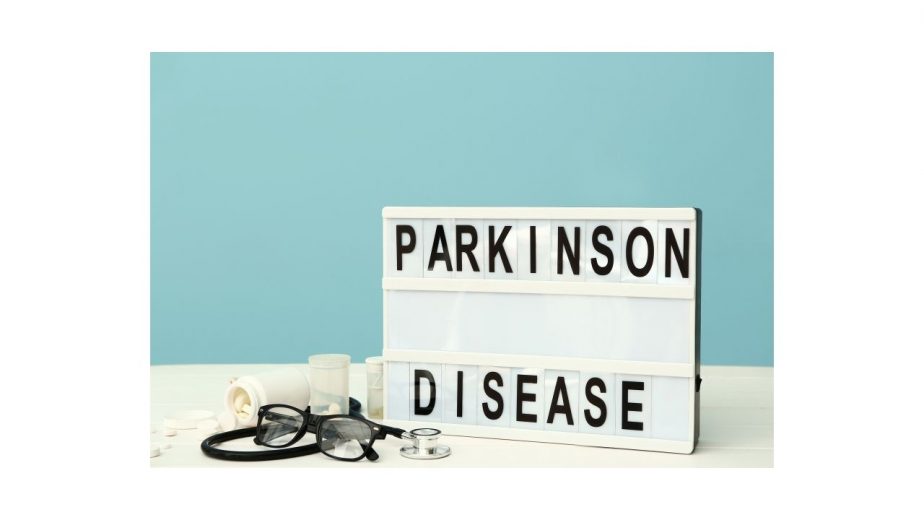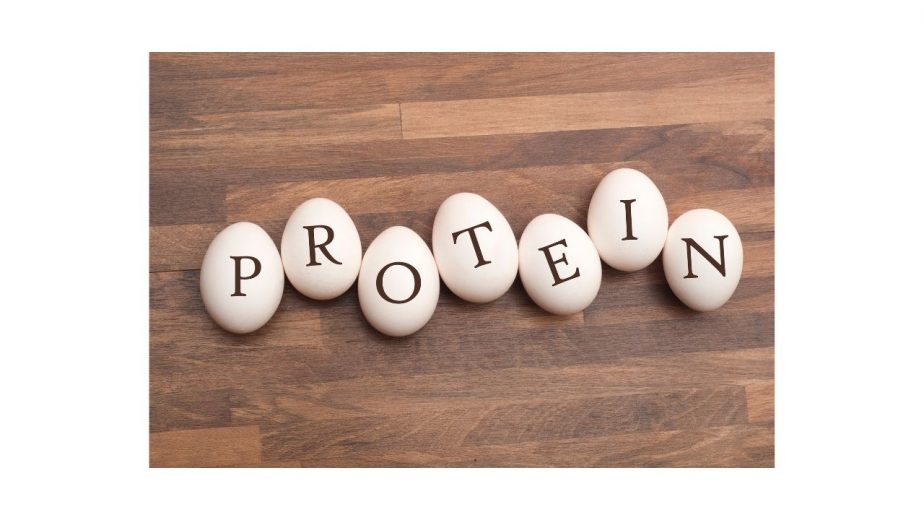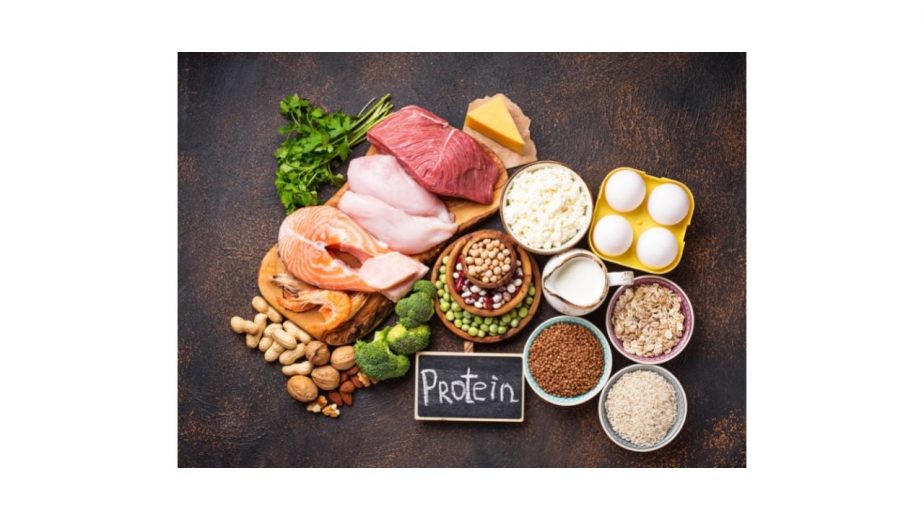As a personal trainer, I have been asked a lot “How much protein should I consume?”.
When it comes to Parkinson’s patients this question becomes even more important so I have decided to dedicate this post to Parkinson’s patients that wondering about the right Protein intake.
Here is a related article that might interest you on Best 6 Computer Games And Apps For Parkinson’s Patients in 2023.
Table of Contents
What is Parkinson’s disease?

Now, let’s move on to today’s topic. So naturally, the first thing we need to know is what Parkinson’s disease actually is.
Parkinson’s disease refers to a type of disorder. It is a progressive nervous System or a neurodegenerative disorder that affects the body’s movements in various ways. This disease mainly affects the neuron aspect of the barons called substantia nigra, which produces dopamine.
What are the symptoms of Parkinson’s disease?
Before we get into details of today’s topic, let’s first see the symptoms of this disease. Parkinson’s disease carries many symptoms with it. Not only is it large in variety, but it is different for everyone.
It varies from shaking/ trembling of limbs/ hands etc. to variation in speech. However, one thing that can be said for sure is that the symptoms tend to develop over a period of time. Out of several symptoms, the following are some:
Rigid muscles: patients with Parkinson’s disease might suffer due to stiffness in different parts of their bodies as it may be painful. Not only that, but it may also cause restrictions in their movements.
Changes in speech:
Another symptom is that patients might notice some speech changes, meaning their speech might not have the inflection it would usually have and would sound more monotonous.
Reduces their subconscious or automatic moments:
Such people tend to have decreased ability to perform actions and movements that they usually do subconsciously, such as smiling or blinking their eyes.
Tremors:
One of Parkinson’s disease symptoms is the shaking of different parts of the body, like hands, limbs, etc. This happens when your (for example) hands are at rest. Usually, it starts with your finger, hands, or limbs.
What is Protein:

Now just like with every health issue, our number one concern is food intake. For example, what food is good for what health issue and what food is bad for it.
So let’s look into it a bit. Knowing that protein is the second most widespread compound in our body (of course, the first one being water), it is only fair for us to discuss how protein affects the human body.
Protein is essential for good health. It is made up of amino acids that link up to form long chains. There are thousands of different types of proteins and only twenty different types of amino acids that make all these different types of proteins, which is why amino acids are known as the building blocks of protein.
Protein comes from various types of food be. However, the food that provides us with protein can be divided into two groups of complete protein; From plants (for example, quinoa) or animal sources (for example, meat, eggs, fish, etc.) and incomplete sources; from things like tofu, pulses, lentils, etc. And as the name says, these insufficient sources of protein need to be taken in variety to fulfill the daily requirement of proteins and vice versa.
The Function Of Protein in The Human Body
Protein has many functions, but most of all, your body needs protein for the growth and repair of tissues. Usually, the amount of protein that is broken down is equal to the amount of tissue formed. However, this ratio can change drink pregnancy, long periods of illness, etc.
During that time, your body breaks down more protein; therefore, a person needs a higher protein intake. Enzymes are also made up of proteins, and they carry out all the biochemical reactions in the body.
If the enzymes are not present, all the reactions will not be possible, leading to severe consequences. Because a lot of critical bodily functions such as digestion, muscle contraction, energy production, and even clothing of blood depend on enzymes.
Not only that, but some proteins act as hormones. Hormones are chemical messengers that carry out the communication between different cells, tissues, and even organs. Moreover, a specific class of proteins, known as fibrous proteins, provides tissues and cells with rigidity as well as stiffness.
But why is protein essential for people with Parkinson’s disease, you ask? Well, among a lot of other things, proteins help in the transmission of information in the body through neurons in the brain.
There are certain amino acids (called tyrosine) that are of concern to people with Parkinson’s disease. This amino acid is required by our brain (and nerve cells) to form a chemical that is lacking in people with Parkinson’s disease, dopamine (usually caused because the nerve cells that have died)
But is protein good or bad for patients with Parkinson’s disease?

Protein is essential for people in general, but it is also necessary for people with Parkinson’s regardless of all the details that are going to be mentioned below. Such patients tend to be an easy target of protein malnutrition. Protein aids in different everyday bodily functions such as healing of wounds etc. So in that aspect, protein is essential for every human being.
However, when it comes to recently diagnosed patients with Parkinson’s disease (early PD), they are often confused about protein intake and how good or bad as well as the impact of it for them. And this is because there is a lot of contradicting information about it out there.
Well, it depends on how you distribute your protein intake throughout the day and what stage of Parkinson’s disease you are in. Well, to explain this Statement, we need to backtrack a little.
What is levodopa?
Levodopa is a drug that patients with Parkinson’s disease use as a treatment for their symptoms. This prodrug is then later converted into dopamine with the help of Aromatic L-amino acid decarboxylase, otherwise known as DOPA decarboxylase. And as mentioned above, dopamine is a chemical that people with Parkinson’s disease lack.
This means that levodopa competes with the absorption of dietary protein. For example, having levodopa along with a diet rich in protein (like fish and/ or meat) may broadly impact how well a dose works since it might reduce the number of drugs getting into your system.
However, it is also important to note that if a patient is in the early and/ or moderate stage of Parkinson’s disease, this might not be of great concern to them as well as clinically.
Nonetheless, it is also important to note that as this disease progresses, the impact of protein intake on levodopa increases as well. This is because now they have to uphold quite a narrow therapeutic serum concentration of levodopa. Meaning this issue becomes clinically relevant.
For such patients, it is recommended to keep their dietary protein intake low. What would be even better is if they start a protein redistribution diet.
What is a protein redistribution diet?
But first, let’s give you a brief idea of what a protein redistribution diet is. It is a diet that makes levodopa more effective and reduces the feeling of sickness that might come with it.
The distribution of protein intake throughout the day goes something like this:
-a patient may be required to have protein-rich food later in the day (in the evening) since a slower response to levodopa might not be as much concern during that part of the day.
-whereas during the day, the patient is required to reduce the amount of protein they eat. This aids in two things: number one, it prevents unpredictable motor fluctuation, and number two increases how well your body reacts to levodopa.
And for patients who are in early/ moderate stages of Parkinson disease, To make their absorption of levodopa in their body even better and/ or consistent, they should take the medication an hour (or more) after their meal or half an hour (30 minutes) or more before their meal.
Also, make sure to check out my post on Best 15 Books on Parkinson’s Disease Of 2022.
So this is what we meant when we said, “depends on how you distribute your protein intake throughout the day and what stage of Parkinson disease you are in.”
How much protein should a patient with Parkinson’s disease intake?
This is another fundamental question, the answer to which is pretty simple. To determine just how much protein your body requires, take the weight in pounds and divide it by 2. There you go now you have the intake of protein needed for you in grams. Meaning if you’re approximately 160 pounds, then your body requires around 80 grams of protein.
So here you go, from the importance of protein to the importance of proteins in Parkinson’s disease and all about its intake. When it comes to diseases like this that affect your day-to-day life, it is of utmost importance that you do your research. It gets your information from a reliable source.
If you are confused, regardless of that, it is best to contact your doctor. They will be able to inform you about everything regarding your disease as well as personalize it according to your needs. That is the safest and the most reliable option out there.

Hi, my name is Eddie, I am a professional trainer specializing in the elderly population and I’m also a website designer. I love training in the gym, going to the beach, traveling, and having good food.
I combined my love for sport and website designing to make “DisabilitEase” whose purpose is to help elderly and disabled people live a more full and active life, have more fun, and enjoy their unique journey despite any disability.



